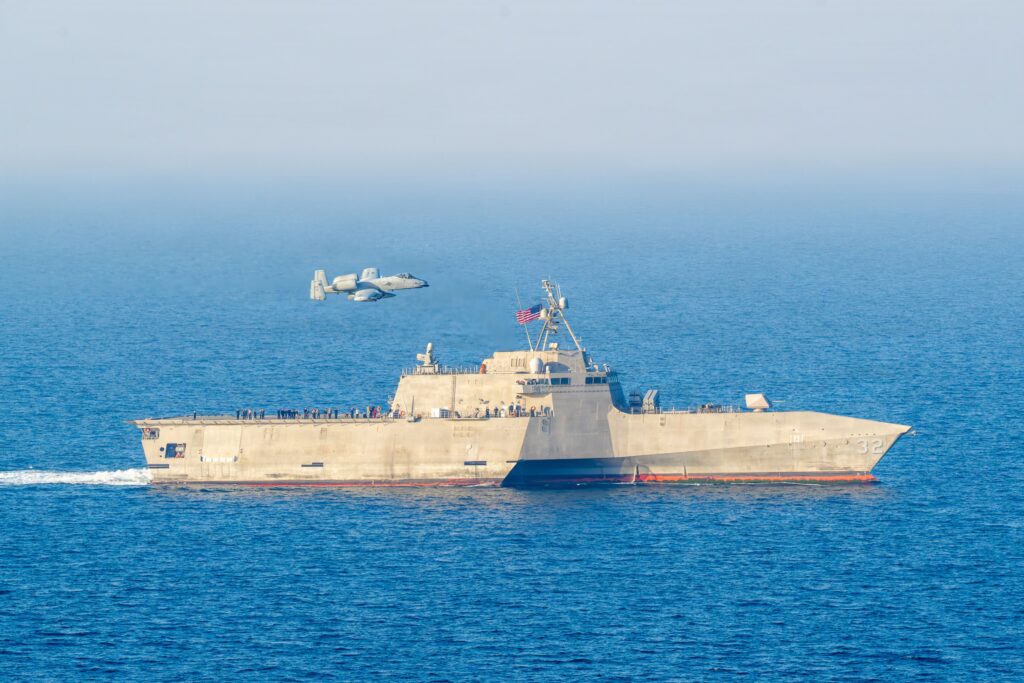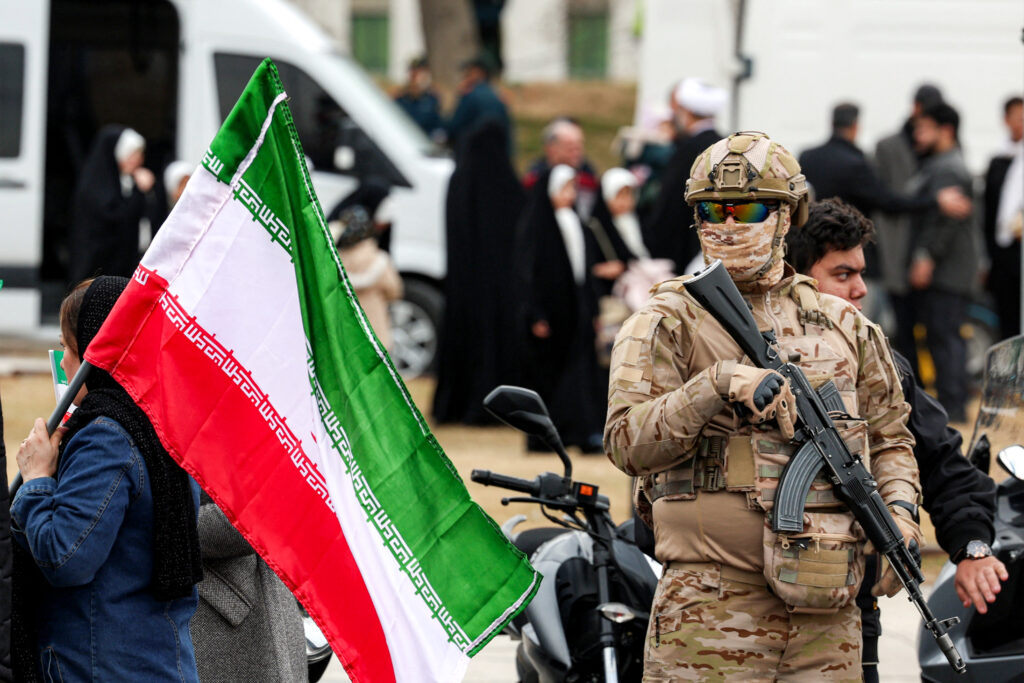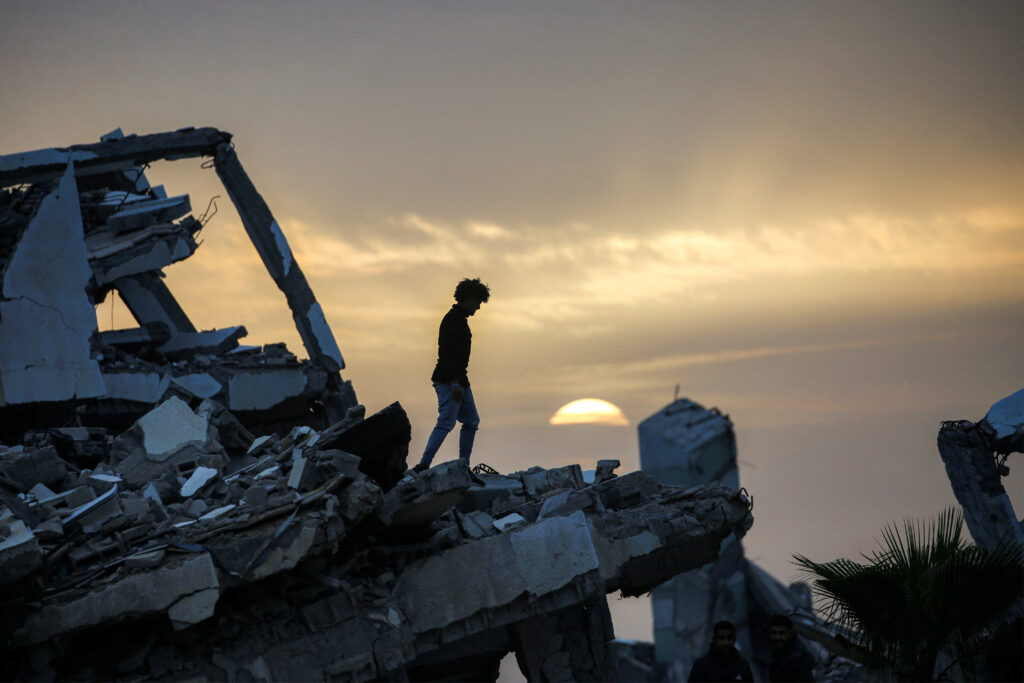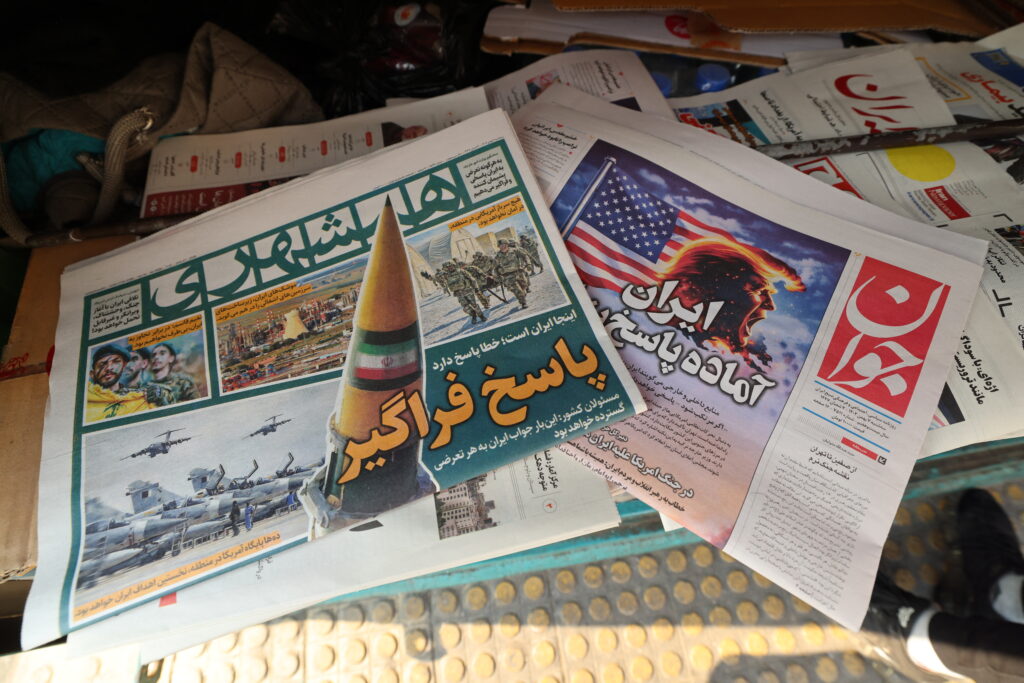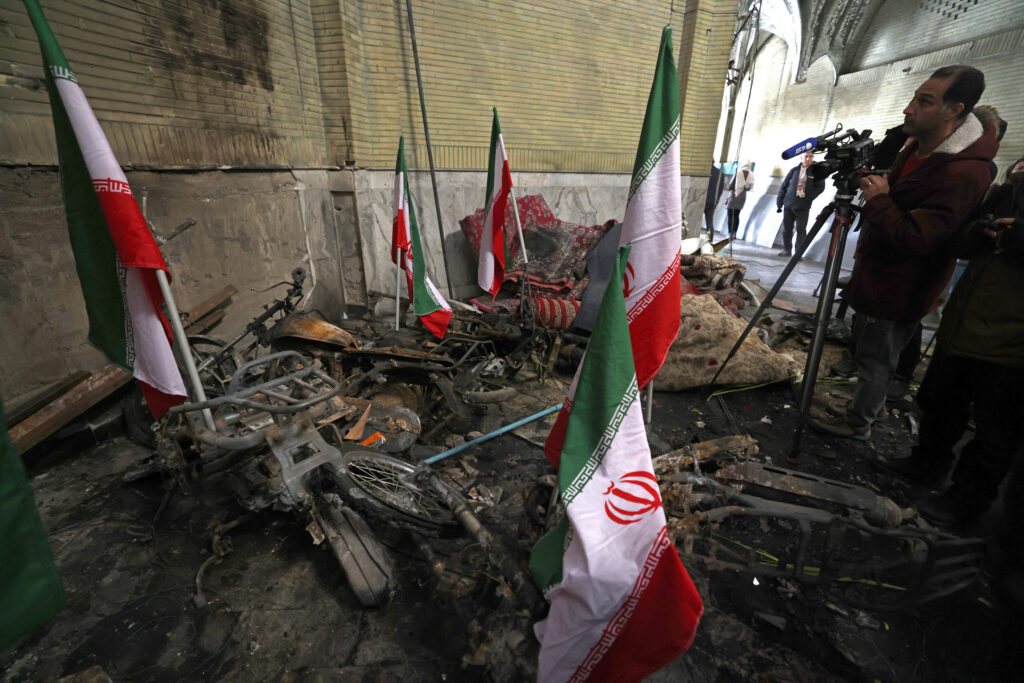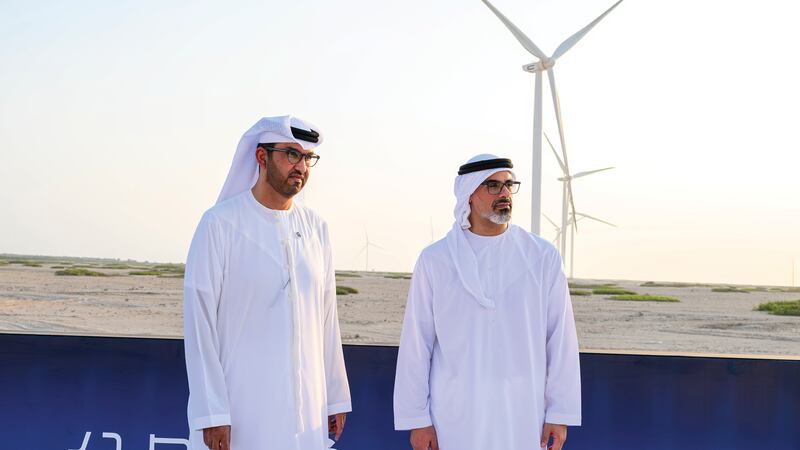UAE Expands Strategic Autonomy through Israel Deal
- -

By N Janardhan
Shakespeare’s “Misery acquaints a man with strange bedfellows” evolved to “Politics makes strange bedfellows” in the mid-19th century. The US-brokered UAE–Israel ‘normalisation-for-halting-annexation deal’ gives this catchphrase a strategic twist in the international affairs of West Asia or the Middle East.
The deal between the erstwhile ideological opponents has evolved by forging commonalities that first serve bilateral interests, with the possibility of serving plurilateral interests in the future, especially since both countries have strategic partnerships with key Asian countries.
While many motivations have been attributed to this ‘political earthquake’, some of them critical, there are plenty of positives too. This analysis traces the shift in the approach towards Israel during the last two decades and explains how it tallies with the UAE’s foreign policy vision.
As a fresh doctoral scholar in the UAE in 2000, my first boss had a terse message for me: “Tuck your PhD on Gulf political systems and international relations in your pocket and dive into the Arab–Israeli conflict.” Such advice was consistent with the mood then in the UAE and region.
The Second Intifada (Palestinian uprising) was under way; Saudi Arabia was working on and later announced the Arab Peace Plan; several groups propagated boycotting Israel and its products; Israel’s then-Finance Minister Benjamin Netanyahu cancelled his participation at the International Monetary Fund and World Bank conference in Dubai in 2003 due to political sensitivity and ‘security’ considerations; and not an international conference ran its course without linking the region’s woes to the Arab–Israeli conflict.
The second decade began with the outbreak of the Arab uprising that took the wind out of the sails of the Palestinian solidarity movement. Along with divisions within the Palestinian factions, most countries became embroiled in fighting their own battles for status quo or change.
The process of recalibration of foreign policies in the region, which began at the turn of the century, gained momentum after 2011. The UAE’s emphasis on expanding strategic ties with China, Russia and India, among others, without undermining its principal security guarantor, the United States, was construed as hedging, multi-vectoring, omni-balancing and multi-alignment. Equally, it remained rooted to its Arab identity by supporting Palestinian issues through diplomatic and military interventions in the region, without completely shutting the door on Israel.
The recalibration was apparent. Israel opened an office in 2015 at the International Renewable Energy Agency in Abu Dhabi. Dubai’s former top police official Dhahi Khalfan Tamim tweeted conciliatory remarks in 2016. Israel’s then-Minister of Culture and Sports Miri Regev was present when the national anthem, Hatikvah, was played at a sports event in Abu Dhabi (and Israeli Prime Minister Netanyahu made a surprise visit to Oman) in 2018. The construction of the Abrahamic Family House was announced, the first chief rabbi in the UAE was appointed and Israel confirmed participation in Dubai Expo, all in 2019. The events of 2020 included Etihad carrying medical aid to Palestinians via Israel and the UAE’s minister of state for foreign affairs addressing the American Jewish Committee, reiterating the message of his country’s envoy in the United States against annexing Palestinian land in the West Bank.
In a way, this ‘deal of the century’ has upstaged the Trump administration’s much-touted ‘deal’ after it had limited traction and success since it was officially released in Bahrain in June 2019. Even Saudi Arabia has welcomed the new move as a potential contribution to regional peace.
But where it stands out best is in promoting the UAE’s strategic autonomy. Strategic autonomy is “the ability to set one’s own priorities and make one’s own decisions in matters of foreign policy and security, together with the institutional, political and material wherewithal to carry these through — in cooperation with third parties, or if need be alone”.
The deal symbolises the UAE’s push for a proactive and diversified foreign policy that emphasises pragmatism over religious ideology, belief that economic sense is common sense, drive against extremism, and search for new security partners that combine to further its strategic autonomy. With Israel, this hinges on technology, trade and security collaboration, extending geographically to include the UAE’s interests in the Gulf, wider Middle East, Horn of Africa and even the eastern Mediterranean regions.
The new relationship acquires a pluralistic twist since the UAE and Israel now have common strategic partners — the United States, China, Russia, India, Japan and South Korea, among others.
This, for example, means the UAE can overcome Israel’s objection to the sale of sophisticated US weaponry, with Israel itself becoming a potential supplier of state-of-the-art weapons. Similarly, existing bilateral cooperation on Covid-19 and the Belt and Road Initiative could synergise China–Israel–UAE ties in these and other projects. And, with Narendra Modi becoming the first Indian prime minister to visit the UAE in 34 years in 2015 and the first to visit Israel in 2017, pluralistic collaboration in several sectors is possible, along with the participation of other countries. This includes Israel potentially becoming a part of any future alternative ‘collective’ security mechanism in the region.
On another note, to enhance its strategic autonomy, the UAE has pursued equidistant ties with global powers that share strained ties — United States and Russia, as well as United States and China, for example. Such an approach, which mirrors the foreign policies of some of its principal strategic partners, has enabled it to delicately manoeuvre geopolitical competition between or among big powers, thus making the best of every opportunity that partnerships offer. The pursuit of balanced ties would now be extended to the Palestinian and Israeli governments as well.
These diverse interests and interactions will help the UAE better achieve its strategic goals, thereby boosting its status as a rising power in a competitive regional theatre.
The world has been on a geostrategic reset mode over the last two decades. It is currently in between orders, with foreign policies drifting and unravelling. Countries are simultaneously attempting balancing, hedging, confronting, and cooperating. With less emphasis on ideology, there is no international framework that fits the new changes. Alliances are giving way to partnerships and coalitions, many of them informal and temporary, depending on strategic convergences.
While it is easy to portray the UAE–Israel diplomatic deal as ‘anti-Iran’ and hurting regional reconciliation, it could also be argued that if UAE-Iran talks were possible despite US–Iran rivalry, then a UAE–Iran recalibration bid could continue amid the new developments.
This ‘warm peace’ leaves the door open for the UAE to not only consider ‘cold peace’ with Iran but also accommodate Qatar and Turkey as ‘rivalry partners’ in the future, if it serves its strategic interests.
About the Author
Dr N Janardhan is a senior research fellow, Gulf–Asia Programme, Emirates Diplomatic Academy. With over 25 years of regional expertise, he analyses and unravels the evolving multi-dimensional partnershpis between the countries of the Gulf and Asia.
Image Caption: President Donald Trump meets with His Highness Sheikh Mohamed bin Zayed Al Nahyan, Crown Prince of Abu Dhabi, in the Roosevelt Room of the White House, 15 May 2017. Photo: The White House, shared on Wikimedia Commons

